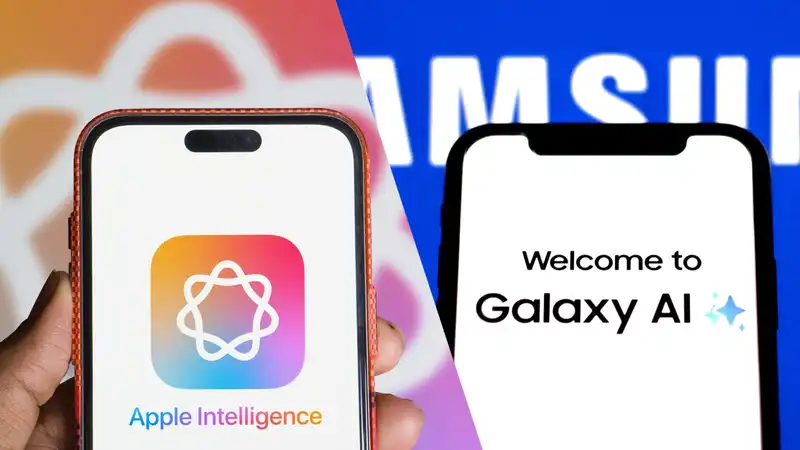Over the past year, we have seen some excellent smartphone manufacturers embrace AI in a big way Samsung and Google have sold the Galaxy S24 and Pixel 8, respectively, with a big focus on high-profile AI upgrades, and Apple is working on generative AI with Apple Intelligence, which is expected to make waves with the iPhone 16 series this fall Smartphones are bringing an AI revolution to our lives, and experts predict that the AI revolution will only accelerate
According to a forecast released Friday by consumer data research firm IDC, Gen AI smartphone shipments are expected to reach 234 million units by the end of the year, growing 364% year over year For reference, IDC defines a Gen AI smartphone as a device with a system-on-chip (SoC) capable of running a generative AI model on the device utilizing a neural processing unit that meets certain benchmarks Chipsets that meet these criteria include the Qualcomm Snapdragon 8 Gen 3 found in the world's best Android phones and the Apple A17 Pro processor in the iPhone 15 Pro
Despite consumers' tendency to hold onto their phones longer without upgrading, IDC expects Gen AI in smartphones to "drive significant demand in the coming years" This is partly because a host of new AI-powered features are tempting people to upgrade and access them, but also because of how IDC believes AI will reshape the app-driven mobile experience we have come to know and love (more on this later)
IDC predicts that sales of AI-powered smartphones will soon outpace the market for non-AI smartphones; by 2028, shipments of AI-powered smartphones will reach 912 million units, accounting for the majority of the approximately 13 billion smartphones sold annually The report predicts that by 2028, shipments of AI-powered smartphones will reach 912 million units, accounting for the majority of the approximately 13 billion smartphones sold annually
Since the first smartphones appeared, apps have dominated the way we interact with our phones But that could change with AI Generative AI on devices could make these apps obsolete and use data contextually to assist users in all the ways we have come to expect from phones [This "app-free" world will revolutionize the user experience and require phones to "know" their users better while ensuring the privacy and security of personal data," Francisco Geronimo, vice president of data and analytics at IDC Europe, said in a Friday forecast
We can already see the beginnings of this in the AI capabilities available in smartphones For example, Samsung's Galaxy S24 Ultra features real-time speech translation and can generate summarized transcripts based on voice recordings; the Google Pixel 8 Pro can also use AI to summarize recorded conversations
Features said to be coming to Apple Intelligence include text rewriting, image generation from text, and a more conversational Siri digital assistant Speaking of digital assistants, IDC predicts that these AI upgrades will lead us to operate our phones more by voice than touch We will be closer to talking to a personal assistant that works for us than tapping a device
As an example, one of the most impressive new Siri features Apple showed off at WWDC 2024 is in-app actions In other words, even if AI never completely replaces apps, there may be much less interaction between apps and yourself
Such improvements in intelligent voice assistants could be a sufficient selling point to convince many users to upgrade their smartphones And given the great appetite for AI we have seen so far, IDC's predictions do not seem far off










Comments